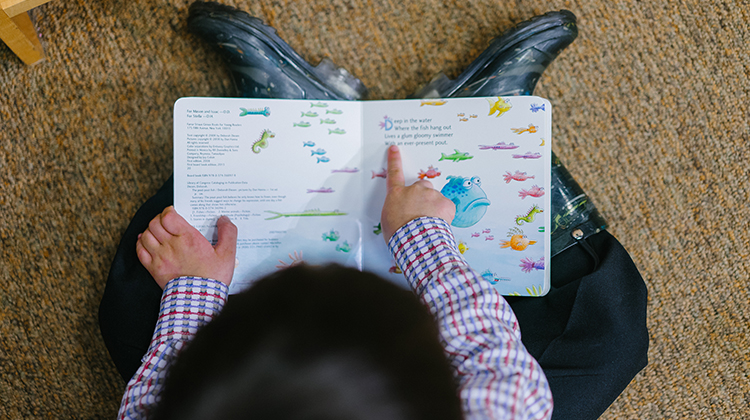At-risk children need to be literate

World Literacy Day is a critical time to reflect on how Australia is providing equal and equitable access to education opportunities for young people, to help them shape a positive future. Especially with the current pandemic, at-risk children and young people are disproportionately affected as those without the right supports such as access to the internet, a safe home or mental health services are falling further behind. Issues disrupting learning opportunities are complex and unique to every child’s circumstances.
A report released this year revealed children across the world have lost an average of 74 days of education each due to the closure of schools and the inaccessibility of remote learning for those marginalised.
It is a critical time for the government and communities to step in and step up to better support and empower our youth in their learning journeys because a failure to do so will only reinforce cycles of poverty and inequality for generations to come.
We need to work together to put resources into building safe spaces and at-home liaison officers to support remote learning, and targeted policy initiatives that take a compassionate approach to ensuring children have their needs met; and are empowered with the right tools and supports to engage in learning programs.
Studies have shown that higher literacy levels and educational attainment are directly linked to one’s ability to lead a healthy life, secure employment and positively contribute to their communities. Children who are unable to effectively engage in mainstream education, due to traumatic experiences in their life, must be afforded alternative programs that are tailored to meet their needs.
We must reach at-risk youth wherever they are - be it on the streets, side streets or train stations – to make sure no child gets left behind and even those reluctant to engage in mainstream schooling systems are provided alternate learning pathways. It is important to nurture a child’s learning journey to ensure they experience positive relationships and develop the skills needed to thrive as adults.
Photo by mentatdgt from Pexels